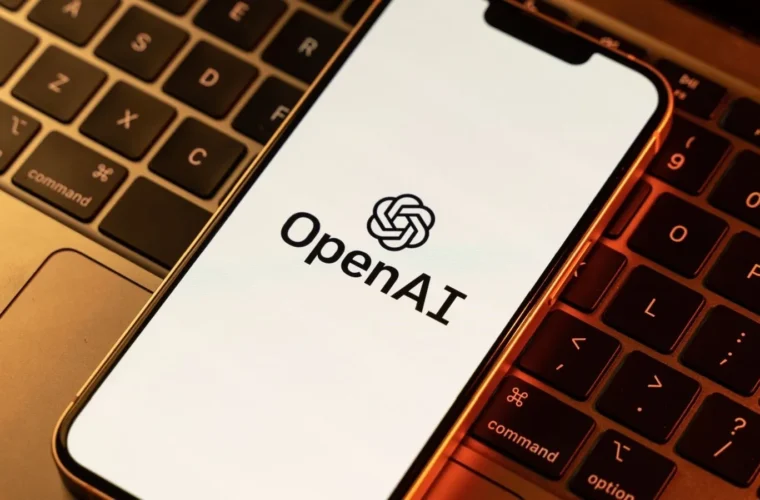Quantum computing, a revolutionary technology that harnesses the principles of quantum physics, is poised to perform calculations that are beyond the reach of classical computers. By processing information in parallel using quantum bits or qubits, which can exist in superpositions of two states (0 and 1) simultaneously, quantum computers offer a paradigm shift. This advantage over classical computers, which can only process information sequentially using bits of 0 or 1, opens up a world of possibilities. Quantum computing’s potential applications span various fields, including cryptography, optimization, artificial intelligence, simulation, and machine learning, promising to reshape the future of technology.
Cryptography is the science of protecting information and communications using codes and ciphers. One of the main goals is to ensure the privacy, integrity and authenticity of data and messages. Cryptography is based on mathematical problems that are difficult to solve, such as factoring large numbers and finding discrete logarithms. These problems are used to create encryption schemes, such as RSA and ECC, that can protect data from unauthorized access and modification.
Cryptography
However, quantum computers can violate some of the most popular encryption schemes, using algorithms such as Shor’s algorithm and Grover’s algorithm. The former can factor large numbers in polynomial time, while Grover’s algorithm can search an unordered database in square time. These algorithms can significantly reduce the time and resources required to decrypt encryption keys, thus compromising the security of many systems that rely on these schemes, such as online banking, e-commerce and blockchain. On the other hand, quantum computers can also enable new forms of cryptography, such as quantum key distribution, which can guarantee secure communication against any eavesdroppers, including quantum ones.
Quantum key distribution exploits the properties of quantum mechanics, such as the non-cloning theorem and the uncertainty principle, to generate and share random keys between two parties without revealing any information to third parties. These keys can then be used to encrypt and decrypt messages using conventional encryption schemes. The distribution of quantum keys is theoretically unbreakable, as any attempt to intercept or measure the quantum states of the keys will introduce errors and alert legitimate parties.
Optimization
Optimization is the process of searching for the best solution among many possible solutions, subject to constraints and objectives. These scenarios are often difficult to solve, as they involve exploring a large and complex search space and searching for the global optimum, which may be hidden among many local optima. Classical algorithms, such as gradient descent, genetic algorithms, and simulated geometry, can often get stuck in local optima or take a long time to converge to the global optimum.
Quantum computers can solve some optimization problems faster than classical computers, using algorithms such as quantum annealing and quantum approximate optimization. Quantum annealing is a quantum version of simulated annealing, which exploits quantum fluctuations to break out of local optima and reach the global optimum. The quantum approximate optimization algorithm is a hybrid quantum-classical algorithm which uses a quantum circuit to generate a test solution and a classical optimizer to evaluate and improve the solution.

Artificial intelligence
Artificial intelligence is the branch of computer science that aims to create machines and systems capable of performing tasks that normally require human intelligence, such as natural language processing, computer vision and reinforcement learning. AI is based on algorithms that can learn from data and experience and adapt to new situations and goals. Technology can benefit from quantum computing, as quantum computers can improve some aspects, such as natural language processing, computer vision and reinforcement learning, using algorithms such as neural networks, support vector machines and quantum variational circuits.
Quantum neural networks are quantum versions of neural networks, the building blocks of deep learning. The Quantum neural networks use qubits as neurons and quantum gates as connections to create complex quantum circuits capable of processing and storing information. These networks can offer higher accuracy, lower complexity, and faster convergence than classical neural networks, as they are able to exploit quantum characteristics of data, such as entanglement, interference, and superposition. Quantum neural networks can also be used for tasks such as image recognition, natural language understanding and generative modelling.
Simulation
The process of simulation is about creating a model of a real or hypothetical system and studying its behaviour and properties under different conditions and scenarios. Simulation can be used for various purposes, such as understanding, predicting, verifying, and designing complex physical systems. Simulation is based on mathematical equations and numerical methods that can capture and approximate the dynamics and interactions of the system. One area that can benefit from quantum computing is that quantum computers can simulate complex physical systems that are difficult or impossible to simulate on classical computers, such as quantum chemistry, quantum materials and quantum biology.
The first is the study of the structure and behaviour of molecules and atoms and their interactions with other parts using the principles of quantum mechanics. Quantum chemistry is important for many fields, as it can provide insights into the properties and reactions of matter at the molecular level and enable the discovery of new drugs. The Quantum chemistry is a challenge for classical computers, as the size and complexity of the quantum system grows exponentially with the number of particles and degrees of freedom. Quantum computers can simulate various scenarios more efficiently and accurately using algorithms such as phase estimation, quantum variational eigensolver and quantum machine learning.
Machine Learning
Machine learning is the branch of artificial intelligence that focuses on creating systems that can learn from data and make predictions and decisions without being explicitly programmed. It can be divided into three main types: supervised learning, unsupervised learning, and reinforcement learning. Supervised learning involves learning from labelled data and making predictions based on the learned model. Unsupervised learning includes learning from unlabeled data and finding patterns and structures in the data. Reinforcement learning, on the other hand, involves learning by trial and error and finding the optimal policy for a given environment and reward function.
Machine learning can benefit from quantum computing, as quantum computers can improve certain tasks, such as classification, clustering, and dimensionality reduction, using dedicated algorithms. For its part, dimensionality reduction consists of reducing the number of features or variables in the data while preserving the most relevant information and variations. Quantum principal component analysis can perform dimensionality reduction more quickly and efficiently than classical principal component analysis, using algorithms such as singular value estimation and quantum phase estimation.



